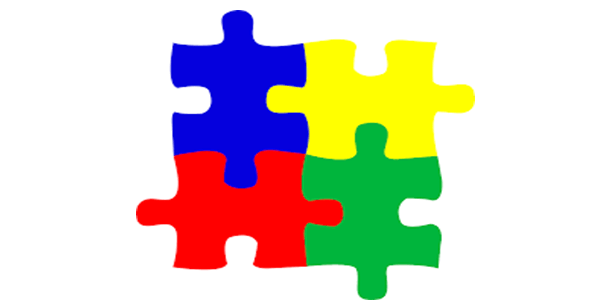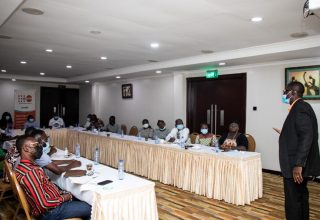
The United Nations General Assembly in 2007, adopted April 2 as World Autism Awareness Day, with the aim of bringing global attention to autism. Today, World Autism Awareness Day has become a universal phenomenon, with increased focus to various aspects of autism with the 2020 theme being ‘Transition to Adulthood’.
Adolescence is the period between 10 to 19 years when children transition into adults. At this point, sexual and reproductive health (SRH) is an essential aspect of their growth. This stage presents varied challenges and needs for both boys and girls. Young persons with disabilities have the same SRH needs as other young people, yet they often face barriers to information and services and suffer or mete out forms of sexual and gender-based violence (SGBV) during this period. However, distinctive of any human being, adolescents and youth with autism and related developmental disorders have the right to seek and receive information about SRHR/SGBV topics such as puberty (what is happening to their bodies), menstruation, reproduction, pregnancy, contraception, coercion, violence (including defilement/rape), what constitute good and bad touch, and access to reproductive health services.
Autism, being a lifelong neurodevelopmental disorder, affects the basic senses of an individual and causes an impartment in communication, social interaction and behaviour. Hence, adolescents with autism unfortunately face greater challenges with regards to accessing such information and services. Also, while girls with autism are more prone to SGBV, boys with autism are more prone to mete out violence to girls without knowing.
Evidence validates the fact that existing services can easily be adapted to accommodate adolescents with autism. There is also increasing evidence of the effectiveness of parent-child communication on the ability of adolescents to make healthy decisions regarding their sexual and reproductive health.
In in joint statement issued by the UNFPA Ghana and Autism Ambassadors Ghana, everyone was encouraged to pay attention to the reproductive health needs of persons living with autism particularly young people.
The UNFPA and Autism Ambassadors Ghana with funding from the government of Canada, empower parents and caregivers of persons living with autism on the Sexual and Reproductive Health needs and challenges that young people with autism face while identifying more effective approaches to engage with the young people themselves on SRH issues and Sexual and Gender-Based Violence prevention.
The pair calls on individuals, organizations and the media to embark on a yearlong awareness campaign to increase awareness on autism, SRH and SGBV, including prevention of COVID-19 among vulnerable groups.
Dr. Mama Hokor 1















